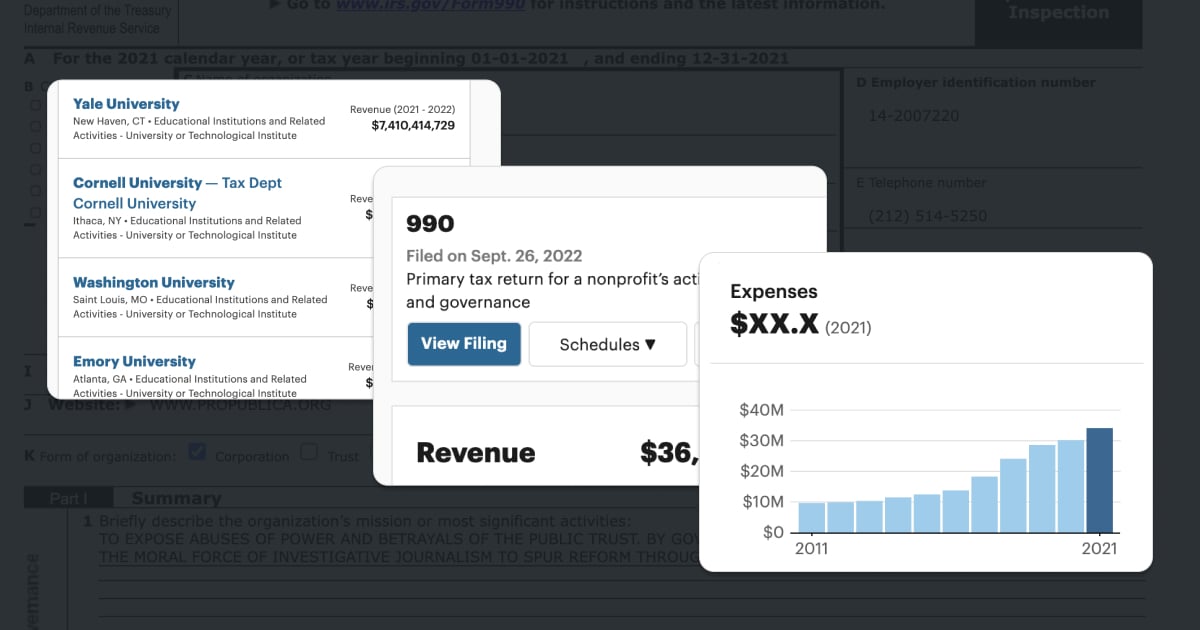jamesdagger12
New Member
- Joined
- Sep 4, 2025
- Messages
- 6
- Reaction score
- 0
- Points
- 1
- Attending Physician
Advertisement - Members don't see this ad
I wanted to see what people here thought of the following situation:
I recently received an anesthesia bill for services provided at a large academic/tertiary-care institution, which was in-network for my health insurance. When I initially saw the billed amount (the charge specifically for physician services, not a facility fee or any other sort of surcharge) it seemed very high (> $7000), so I called asking for an itemized bill . In return I received a brief receipt stating 24 anesthesia units were billed, which is about what I had guessed based on the case and time. However, that means the institution is billing at more than $300/unit, which is insane! My insurance already paid ~$4500 at this rate, leaving me on the hook for about $3000. I called the hospital billing dept and explained this was far outside normal anesthesia billing rates, and was told told "sorry, that's our rate". I called the "fraud and abuse" hotline for my insurance company, and tried to explain that both of us were getting excessively/unreasonably billed, but they transferred me to a standard customer service agent who essentially had no idea what I was talking about. At this point, would you:
a) pay the bill
b) don't pay the bill, and don't spend any more time thinking about it
c) try to escalate this further somehow - contact the ASA? some state professional standards org? try finding a smarter person at the insurance company?
Thank you!
I recently received an anesthesia bill for services provided at a large academic/tertiary-care institution, which was in-network for my health insurance. When I initially saw the billed amount (the charge specifically for physician services, not a facility fee or any other sort of surcharge) it seemed very high (> $7000), so I called asking for an itemized bill . In return I received a brief receipt stating 24 anesthesia units were billed, which is about what I had guessed based on the case and time. However, that means the institution is billing at more than $300/unit, which is insane! My insurance already paid ~$4500 at this rate, leaving me on the hook for about $3000. I called the hospital billing dept and explained this was far outside normal anesthesia billing rates, and was told told "sorry, that's our rate". I called the "fraud and abuse" hotline for my insurance company, and tried to explain that both of us were getting excessively/unreasonably billed, but they transferred me to a standard customer service agent who essentially had no idea what I was talking about. At this point, would you:
a) pay the bill
b) don't pay the bill, and don't spend any more time thinking about it
c) try to escalate this further somehow - contact the ASA? some state professional standards org? try finding a smarter person at the insurance company?
Thank you!

